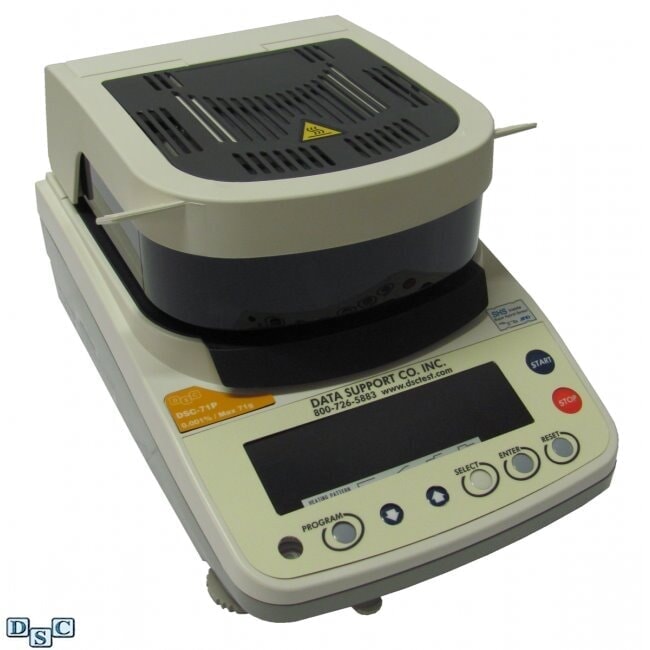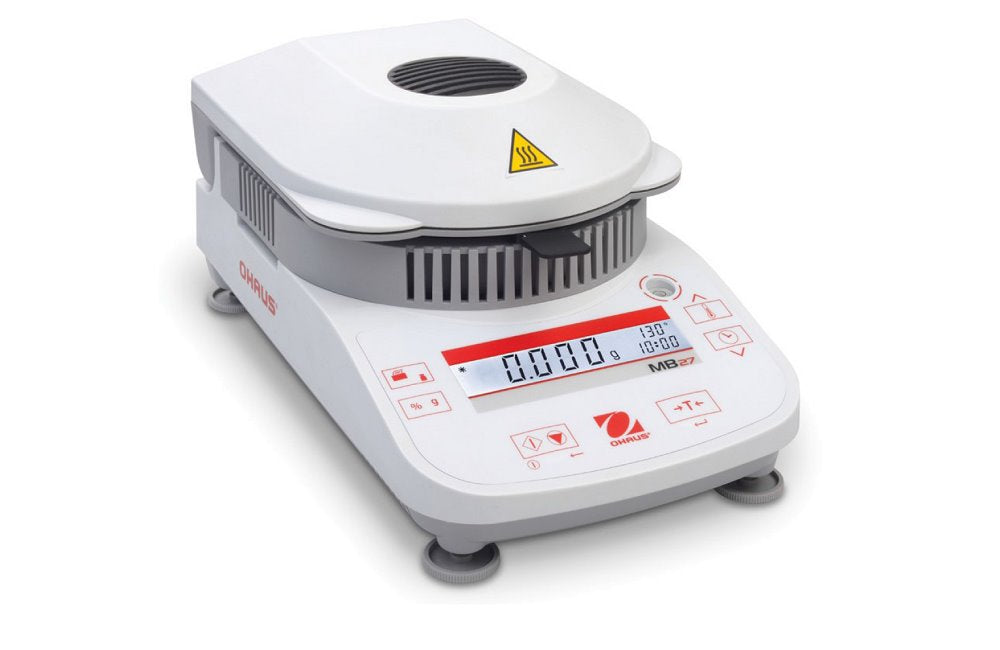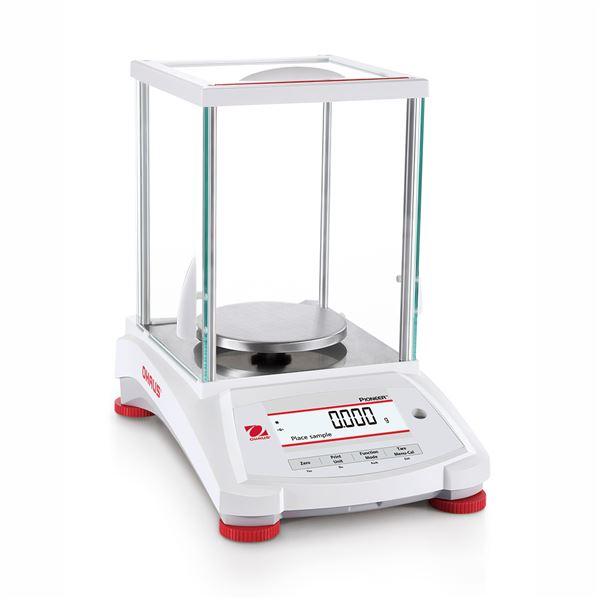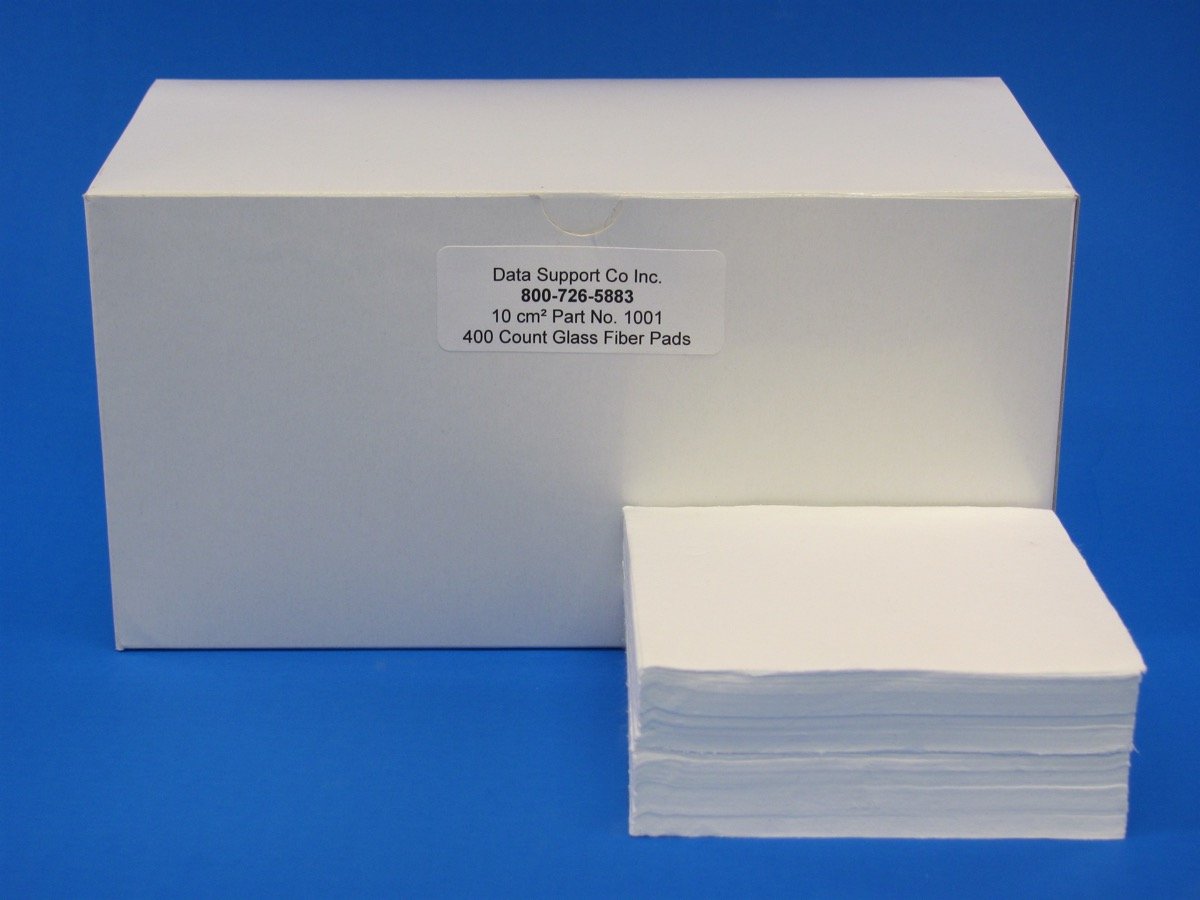Resin drying is a critical process in most molding operations. Hygroscopic resins including nylon, PC and PET should be dried before processing. As per manufacturer instructions these should be dried and then provided with the appropriate amount of moisture for accurate processing. The drying step before processing is often missed out. For all resin processors, keep in mind that the primary reason for drying these plastic compounds is to preempt degradation of the polymer chains through hydrolysis. Splay or dis-appropriation in the molecular structure of the compound because of moisture becomes a quality issue during and after the final resin processing. It is a prudent step to test for dryness with moisture analyzers for plastic resins.
The Importance of Low Moisture Content in Resin
People - owners and operators in the injection molding industry are very much aware that improper moisture quantity in resin produces low quality products. Raw resin materials are carefully shipped with specific moisture control but environmental conditions at molding facilities can increase or decrease moisture quantity before these are processed in the injection molding machine. Proper storage facilities with humidity control and use of commercial drying ovens ensure quality control. Moisture analyzers for plastic resins also help resolve the problem by testing the dryness before the materials are placed in the machines. Periodic testing whilst in storage determines if they are processing-ready or need pre-production adjustments.
Here is what happens without pre-production Moisture analyzers for plastic resin testing:
- If resins are not dried appropriately even a miniscule of excess moisture can have an effect on the finished product - chopped up polymer chain that causes molecular-weight breakdown.
- Although the effect of excess or lack of moisture may not be seen in the finished product with the naked eyes, and may not result to splay or dis-appropriation of liquid content, the product is still molecularly compromised and this will show during stress testing.
- There are no quick fixes. The final product can’t be broken down to resin compound, dried again and mixed with new materials because the degradation is molecular and will stay as is even when mixed with new and properly dried resin.
- Compromised resin compounds are better destroyed, discarded, burned, or if possible, shipped back to the supplier or manufacturer.
Benchtop Moisture analyzers for plastic resin such as DSC 71P™ Low Moisture Analyzer determine the liquid content of material accurately. The analyzer helps keep material dryness in check, whilst in storage and before processing.
Standard Testing Procedure Set By ASTM
ASTM or American Society for Testing and Materials released the testing standard for the moisture content of plastics through LOD process or Loss of Weight on drying, also known as thermogravimetric method.
- The sample resin is set on a pan that is supported on a weight balance in a heating chamber - preheated and calibrated to specific starting temperature.
- The chamber is heated to let the moisture from the resin evaporate.
- The test is complete when the weight lost during evaporation falls below a particular rate specific to the testing conditions.
- The analyzer’s weighing balance and heater in the chamber are calibrated to the National Institute of Standards and Technology for exactness and accuracy.
DSC 71P™ Low Moisture Analyzers for plastic resins are calibrated and tested to meet the standards of ASTM and NIST. Analyzers’ accuracy in measuring moisture is crucial to producing quality products that pass stress testing and other quality control checks.
Moisture Analyzers for Plastic Resin 4 Step Process
In a nutshell, moisture analyzers for plastic resin work by using drying or heat to take out and quantify moisture. Combining a weighing balance and heater to measure moisture, analyzers are calibrated to specific moisture reading depending on the resin type and content.
- Before using the analyzer, parameters are set by inputting these on the keypad. These include the drying temperature, application of heat or heating profile and shutting out benchmark.
- The plastic material sample is placed in a weighing dish in the heating chamber.
- Analysis starts as soon as the heating chamber is closed.
- The measuring device in the analyzer computes the moisture content by differentiating the initial weight to the resulting weight after completing the drying process.
- The resulting analysis is the total weight loss from heating integrated to the parameters set including other content of the resin. Isolating the weight of moisture from other material content then differentiating the weight from starting point to the weight after drying. The percentage derived from the computation is the moisture content present in the resin.
Specially made halogen quartz are used as dry heating devices. They dispense dry heat evenly and constantly. Maximum temperature for drying resin is 160 degrees Celsius or less but there are cases when it is necessary to set higher temperature in order to accomplish absolute dryness. The analyzer automatically stops the process when dry weight becomes stable or at a time specified by the operator.
ASTM Compliant Moisture Analyzer for Plastic Resin
ASTM compliance and NIST calibration in measuring moisture are two standards rigorously practiced to ensure the finished products using plastic resin are stable and quality assured. DSC 71p comply with ASTM and NIST calibrated to ensure accuracy and resin quality control. It is recommended for situations such as:
- When the manufacturer processes limited types of plastic formulations.
- When molders have quality control issues relative to moisture content. Analyzers ensure that resins are accurately dry to adjust to the moisture issue of molders.
- When analyzers are already out of date and need to be updated for accuracy and comply with new standards for new types of resins.
- When the manufacturer is branching out to add a new production facility. New analyzers are needed to support and comply with production standards and quality control.
- Moisture analyzers are also used not just in the pre-processing step but also to check moisture upon supplier delivery before storage as well as for checking the bulk drying process.
Moisture analyzers such as DSC 71p are applied at different steps in manufacturing, from testing the raw material as they are shipped by suppliers before storage, random checking of drying ovens for performance and pre-processing step to ensuring quality control of end products. Other features from the moisture analyzer for plastic resins - DSC 71p are:
- Once ordered, custom programming depending on resin type before shipment to your facility is available.
- To optimize your testing procedures, 3 tech support calls are available for free.
- Depending on your specifications, standard testing time is short with fast results. This allows for less exposure of resin to moisture in uncontrolled environs such as upon delivery.
- It can be connected to a PC screen to watch as drying takes place with graphic display.
- Accuracy assured even for small samples.
Benchtop DSC 71p Moisture Analyzer for plastic resin serves many purposes within the production scheme, not only to check resin moisture for pre-processing but also for testing the performance of dryers and checking injection mold moisture content issues.





